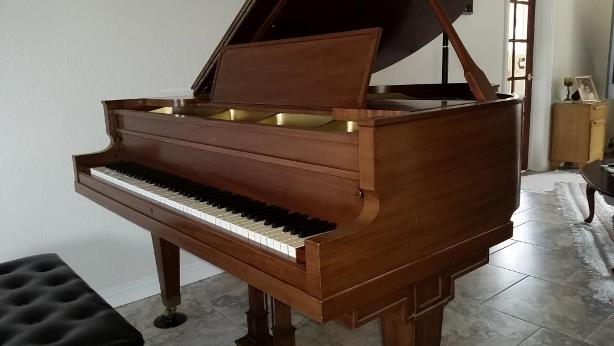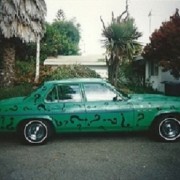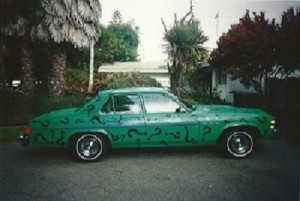DON’T Fill the VOID—Embrace the Emptiness
Last week, co-author, Eric Riddle, of STUFFology 101 wrote about how temporal, mental, and physical clutter disrupts our routines. In an earlier post, he wrote about collecting boxes for his daughter’s move from her temporary accommodations in her parents’ home. I advised him, don’t try to fill the void after your daughter and granddaughter move.
We often try to fill the empty spaces in our lives. Beyond our physical surroundings; we feel lost when we encounter free time or even uncluttered thoughts. These vacuums tease us to fill them. We immediately say yes, to a new commitment of our time, after we let go of our membership in an organization. We spend countless hours engaged with social media. We go out and buy knickknacks to fill the counter space we just cleared.
A former aerospace colleague and his wife were model consumers. After retirement, they added to the many beautiful things throughout their home. They spent time each day to maintain their possessions, from his wife dusting daily to him working on his thirty or more acres of grazing lands, ponds, and virgin growth trees. While I enjoyed staying with them in their historic southern home, I felt frustrated trying to find a place to put my things. Nearly every horizontal surface was filled in the living room, dining room, kitchen, and bathroom.
I was raised in a cluttered home. I remember being shocked when my mother reacted with surprise to see a (very old) spice container I retrieved from the back of a kitchen drawer. Before I helped my father move into my California home, I found two and three of the same power tools. During his younger and pre-dementia days, he’d buy a new tool because he forgot he already had one. How can you own something and not know that you have it?
These experiences impressed upon me a desire to live a life of minimalism. While I am not quite there yet to live out of a backpack, I continue to let go of things.
Some letting go takes time. I am not one to advocate Kondo-style tossing. Decluttering takes time. Our possessions carry many of our life experiences, emotions, memories, and desires. It takes time to admit that my violin-playing days are over. I will need to let go.
We humans find it unnerving to embrace the emptiness in our lives. We eagerly try to fill the spaces. There is wisdom in: Less is more. Less brings us more time, the one thing we cannot recover in life.
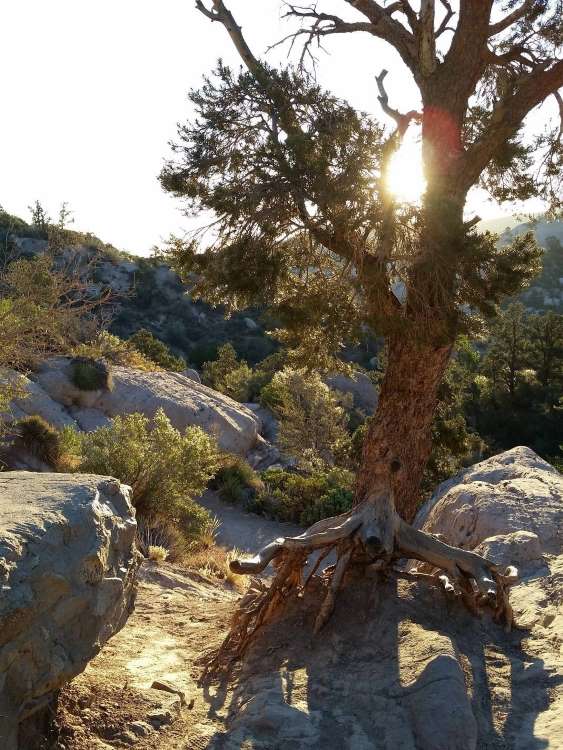
I wrote the following in an email to Eric recently, when he felt life’s diverse needs tugging unbearably hard at him: If you accept what I suggest—try NOT to fill the void. Experience it. Live in it. You need the space – mentally, emotionally, psychologically, and physically.
In my own life, after living in a toxic marriage for too long, divorce, and after, I find value in making myself whole. The therapist, across a dozen sessions, worried I might be holding back anger. She conceded that my choice to focus on me is how therapists are trained to help their clients proceed. Instead, fearing emptiness, many rush to find comfort in another human being. I embraced the void and life of freedom. What a joy to live untethered while I regain my footing and energy.
When we blindly fill the void, we don’t give ourselves the time and space to grow. We think we’re moving closer to our goals, but we’re simply defaulting to routines to fill in the emptiness. Take time to answer Magic Question 2: How will the area you’re focused on look, feel, smell, or sound, after you cleared the clutter?
Voids serve a valuable, though sometimes painful, purpose. They are an opening—a space to learn. IF we invite in what the emptiness may teach us, we will avert out-of-control lives built upon shaky foundations. We’ll shed those insecurities and constant stress.
Eric replied, “Thanks Brenda! I appreciate your insight and look forward to space in my life. Life is extremely full at the moment. Not a great situation as you know.”
Let us gain strength. Let us not give up. Let’s change parts of our life’s routines. Let us be aware and put in the effort to steer clear of lives lived in default mode.
Earlier this year, I wrote: Letting GO of Temporal and Mental Clutter to Let IN which delves more into the idea of letting in space.
Also read, What HAPPENED? Too much Time STUFF! to learn how we sabotage our space with physical clutter and engage in time-killing pursuits to create temporal clutter.


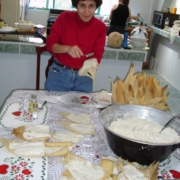
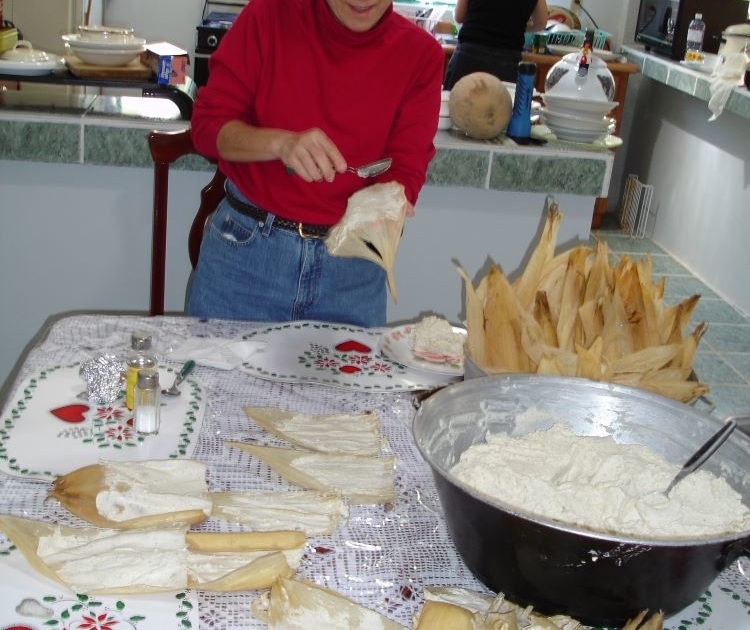 While I have no desire yet to relive the long-cold-winters of my Midwestern formative years, I hold two impressionable memories. I read about both in books during elementary and junior high school and had to relive them in my adult years. As a youth, I was fascinated by stories of Mexican families gathering during the holidays to make tamales. During Christmas of 2006, while in Mexico, I made tamales with friends who became family. The second, I will realize next month when I go whale watching. I hope to spot the elusive blue whale along California’s coastline. Realistically, I may barely see enough of the whale to appreciate the illustrated images imprinted in my mind from the book I read almost a half-century ago. “Eskimo families hunt together” and then share the whale for food, clothing, and heating oil.
While I have no desire yet to relive the long-cold-winters of my Midwestern formative years, I hold two impressionable memories. I read about both in books during elementary and junior high school and had to relive them in my adult years. As a youth, I was fascinated by stories of Mexican families gathering during the holidays to make tamales. During Christmas of 2006, while in Mexico, I made tamales with friends who became family. The second, I will realize next month when I go whale watching. I hope to spot the elusive blue whale along California’s coastline. Realistically, I may barely see enough of the whale to appreciate the illustrated images imprinted in my mind from the book I read almost a half-century ago. “Eskimo families hunt together” and then share the whale for food, clothing, and heating oil.
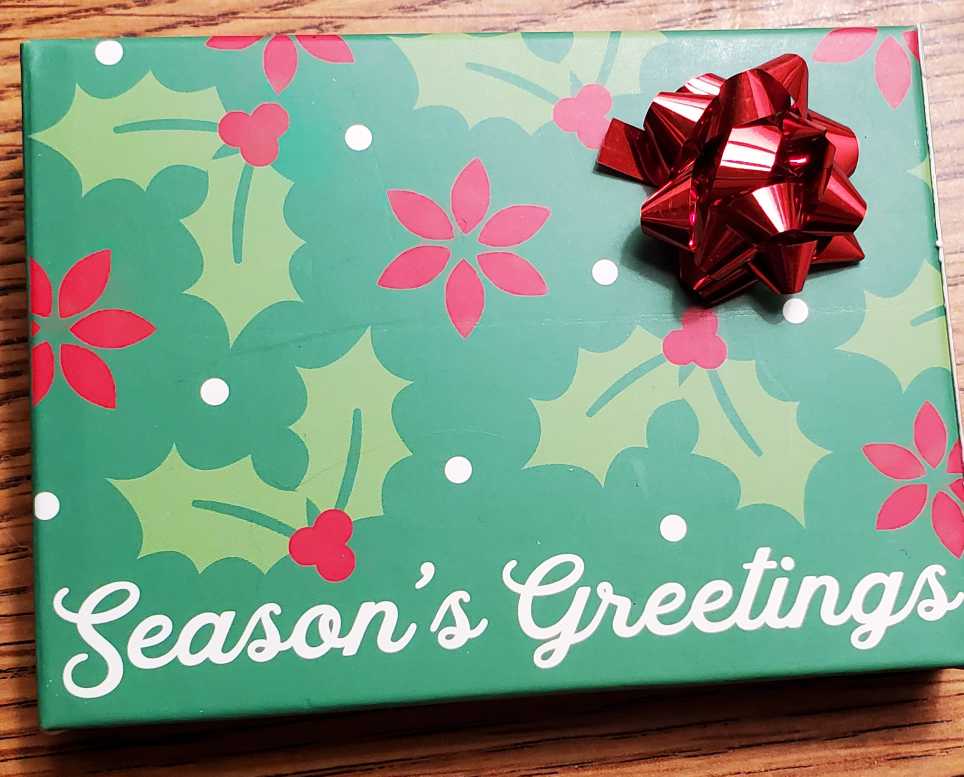
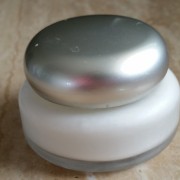
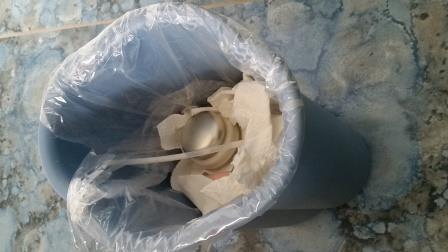 I tossed the jar of night cream.
I tossed the jar of night cream.
